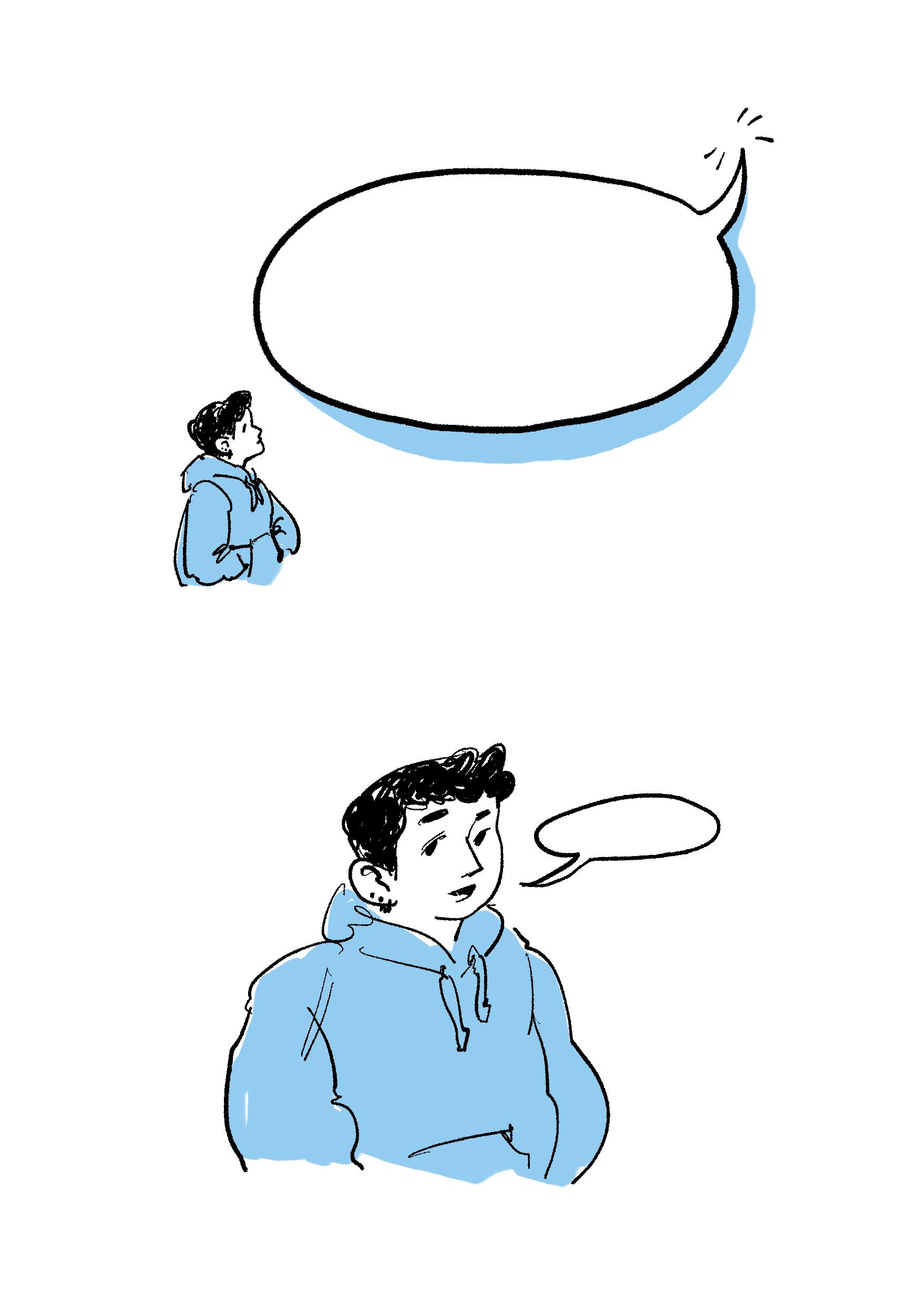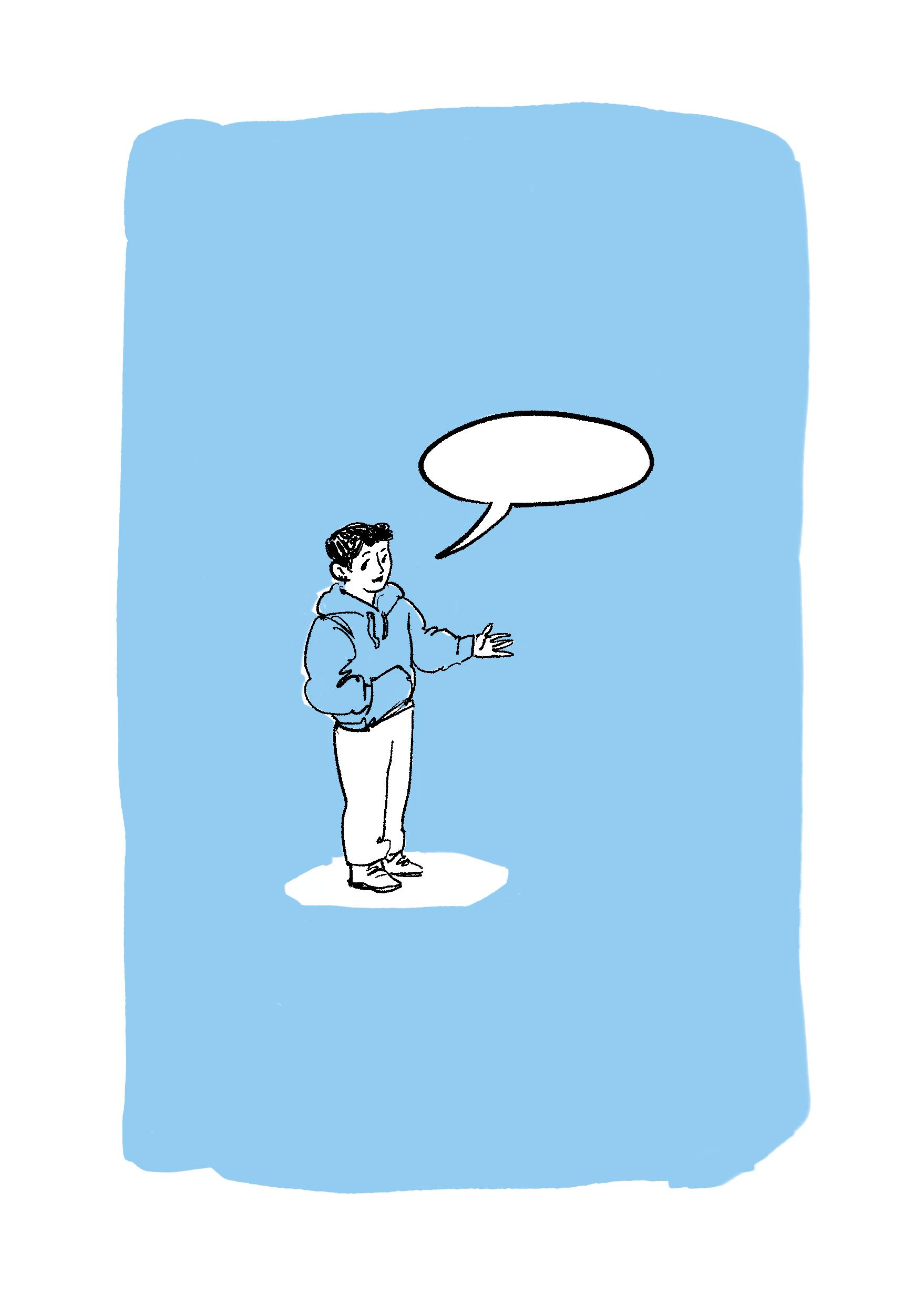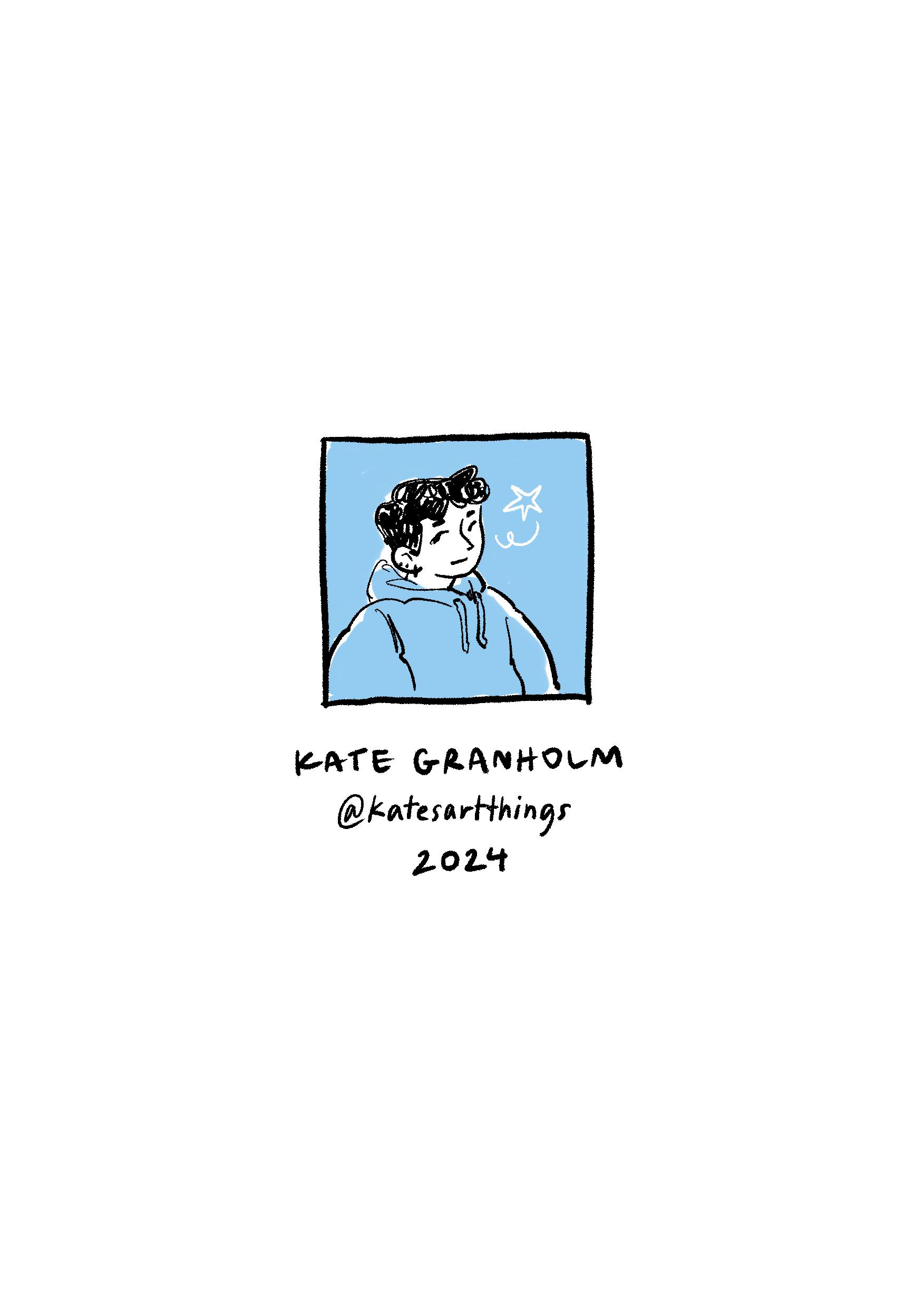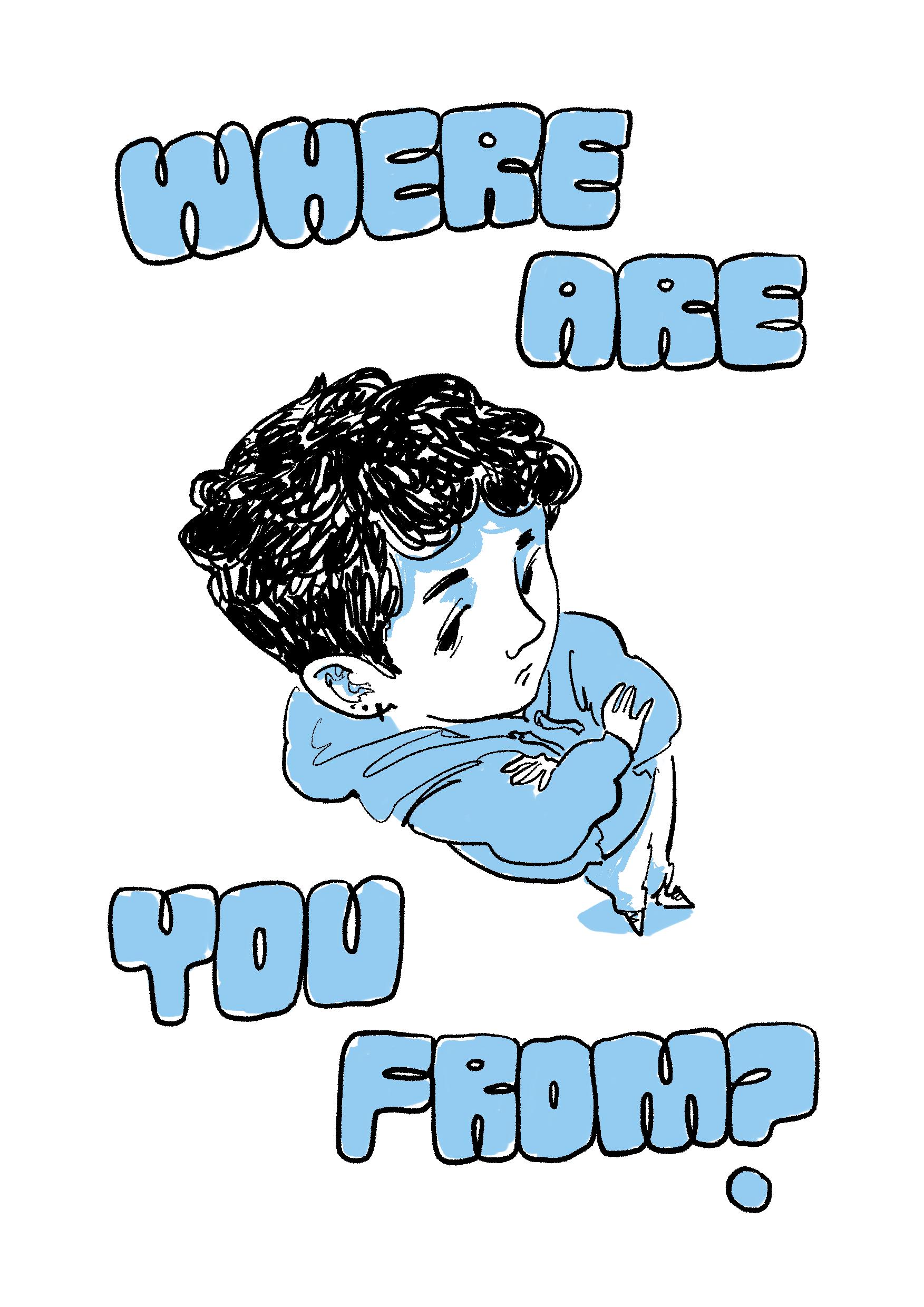


Where are you from?
It’s a simple question, but tricky for me to answer.
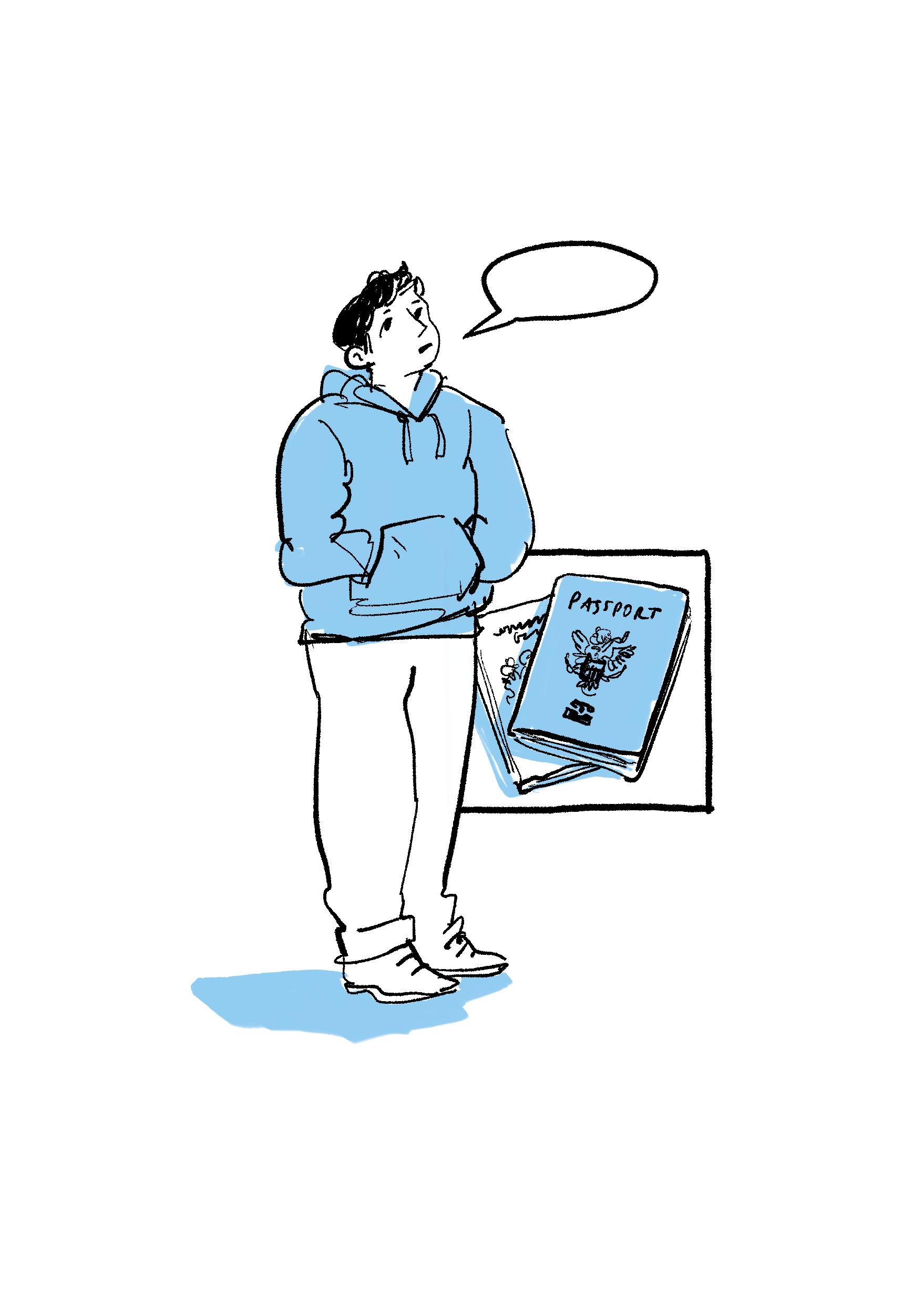
I’ll usually just say London since I’ve lived there the longest. Technically speaking, I have dual UK-US citizenship.
Truthfully, I’m not really sure where I’m from. Both my parents grew up in South Dakota, and my younger sister and I were born in Minnesota.
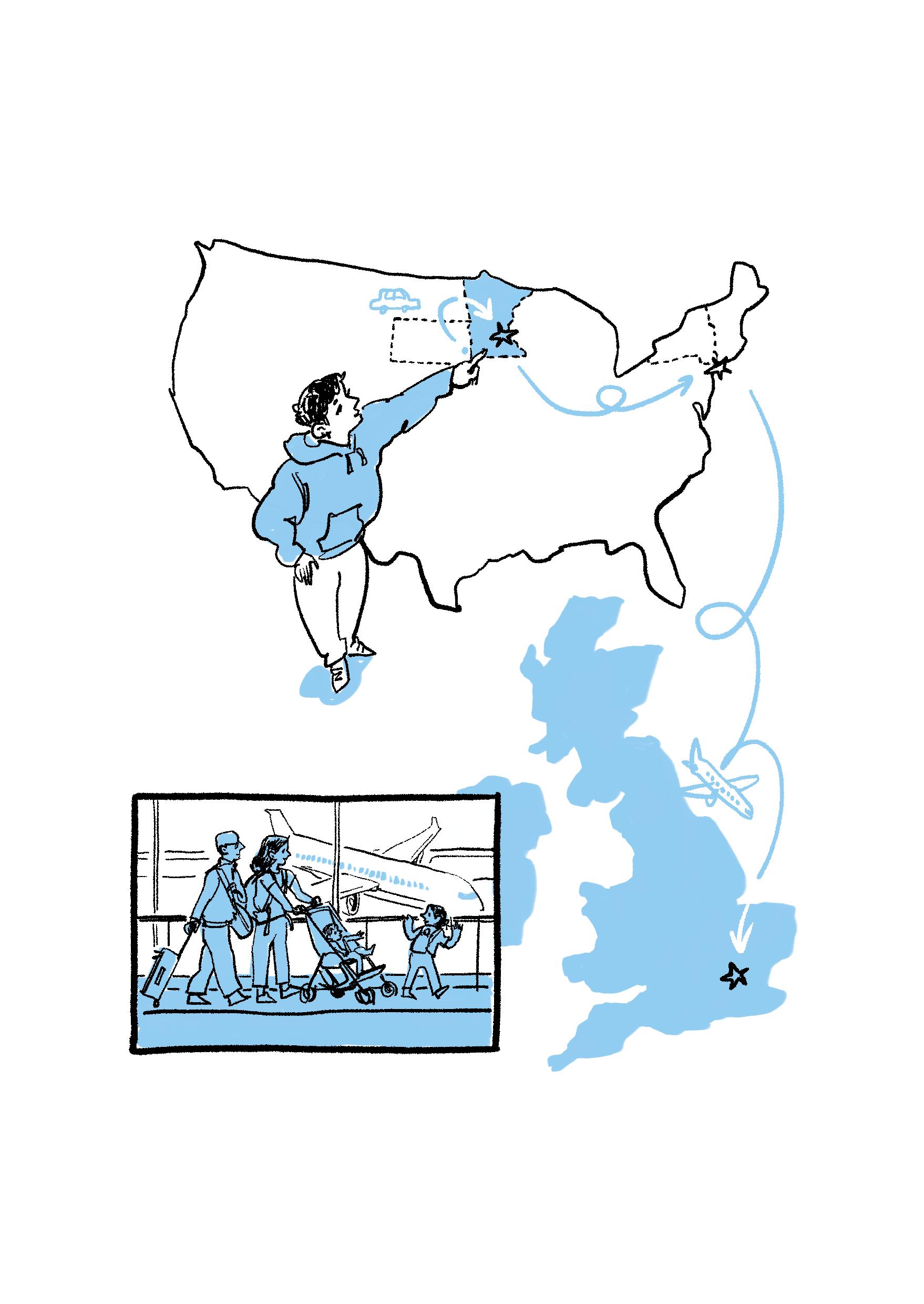
My family moved from Minneapolis to London when I was 5, and we lived in New York for a couple months in between.
Even though I was born there, I don’t really feel American. I do still have fond memories of my early childhood.
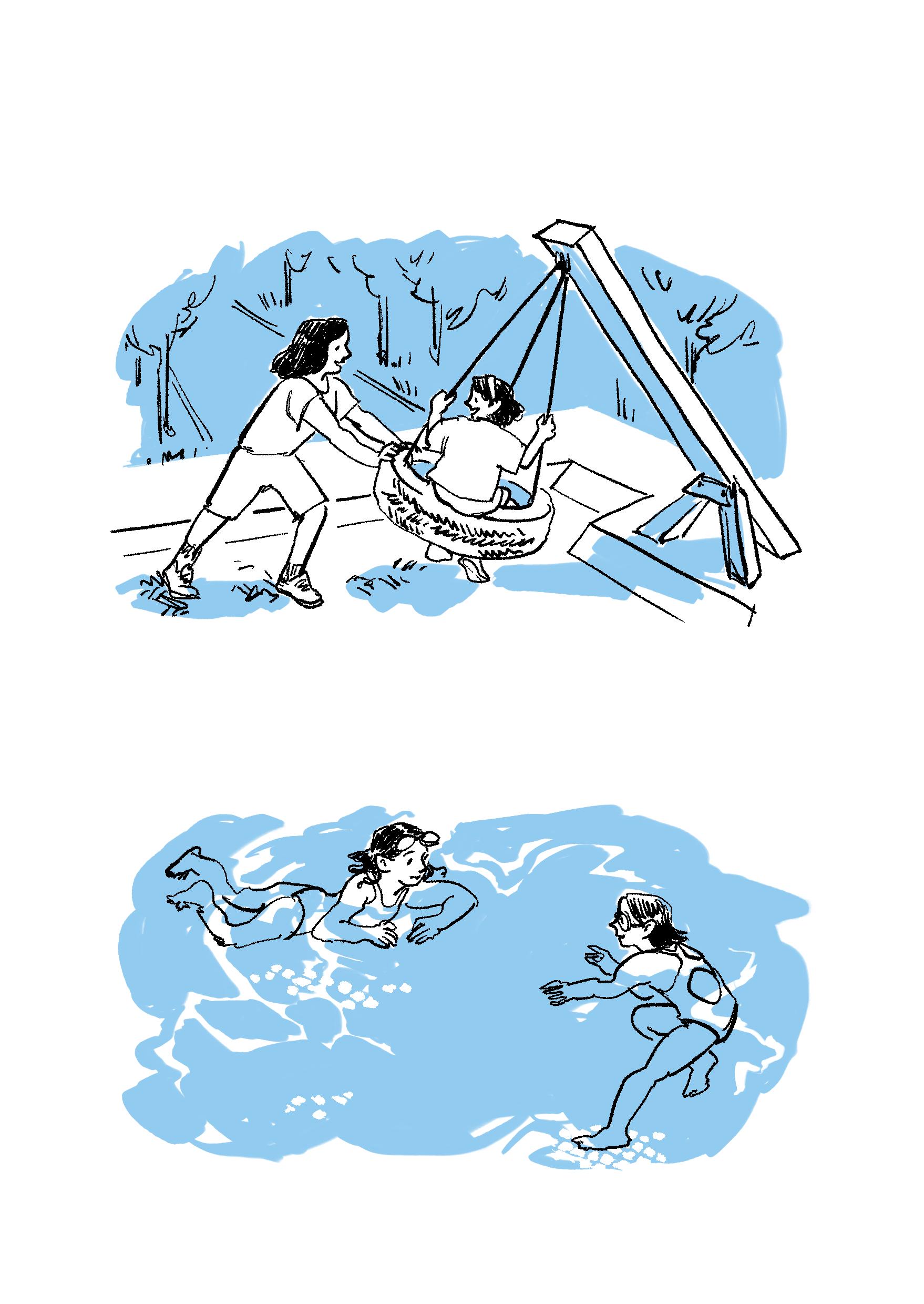
One constant in my life has been summers spent with my mom and sister in South Dakota.
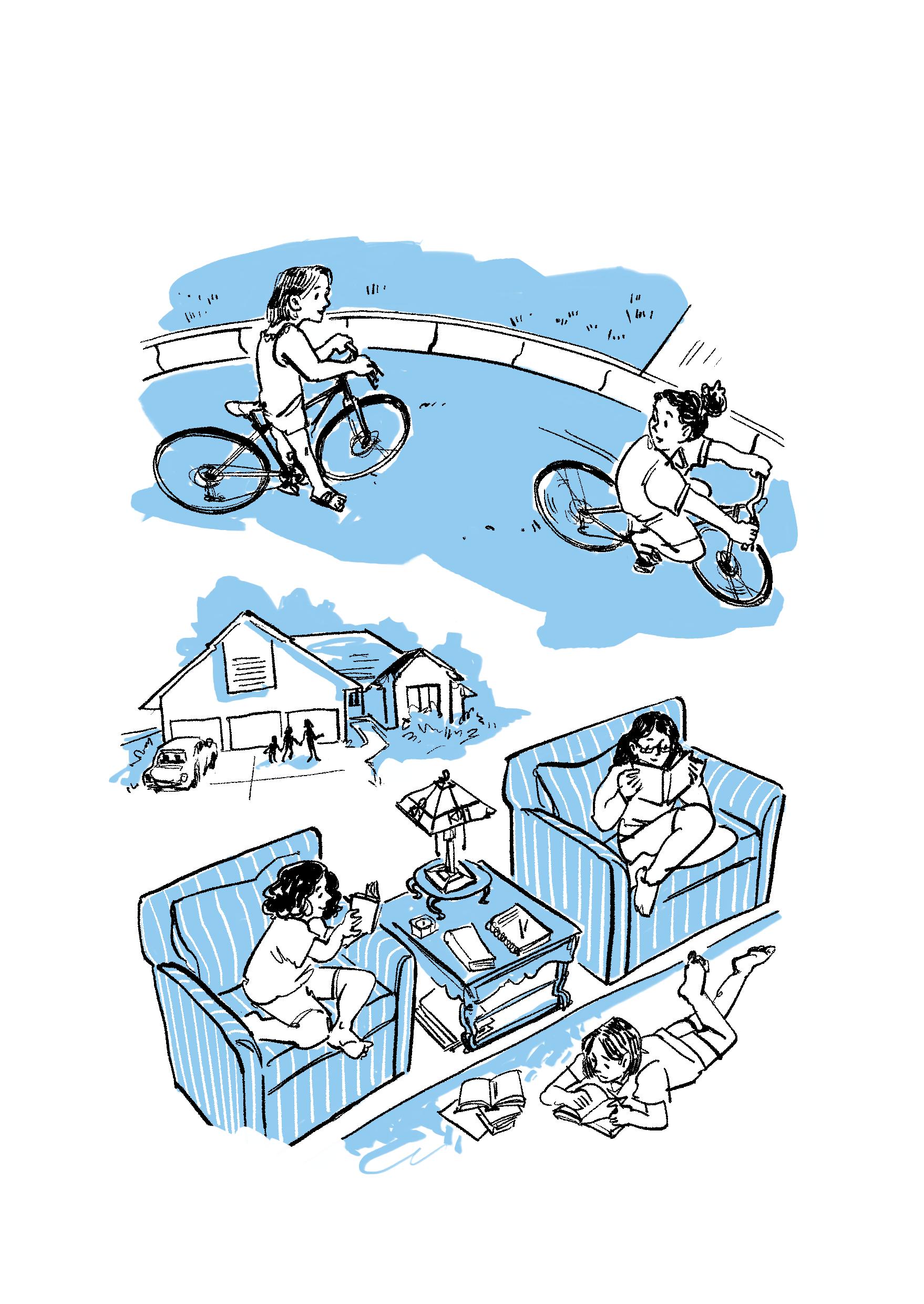
If anywhere feels like home to me, it’s those sleepy summers at my grandparents’ house.
Sometimes I get asked this question:
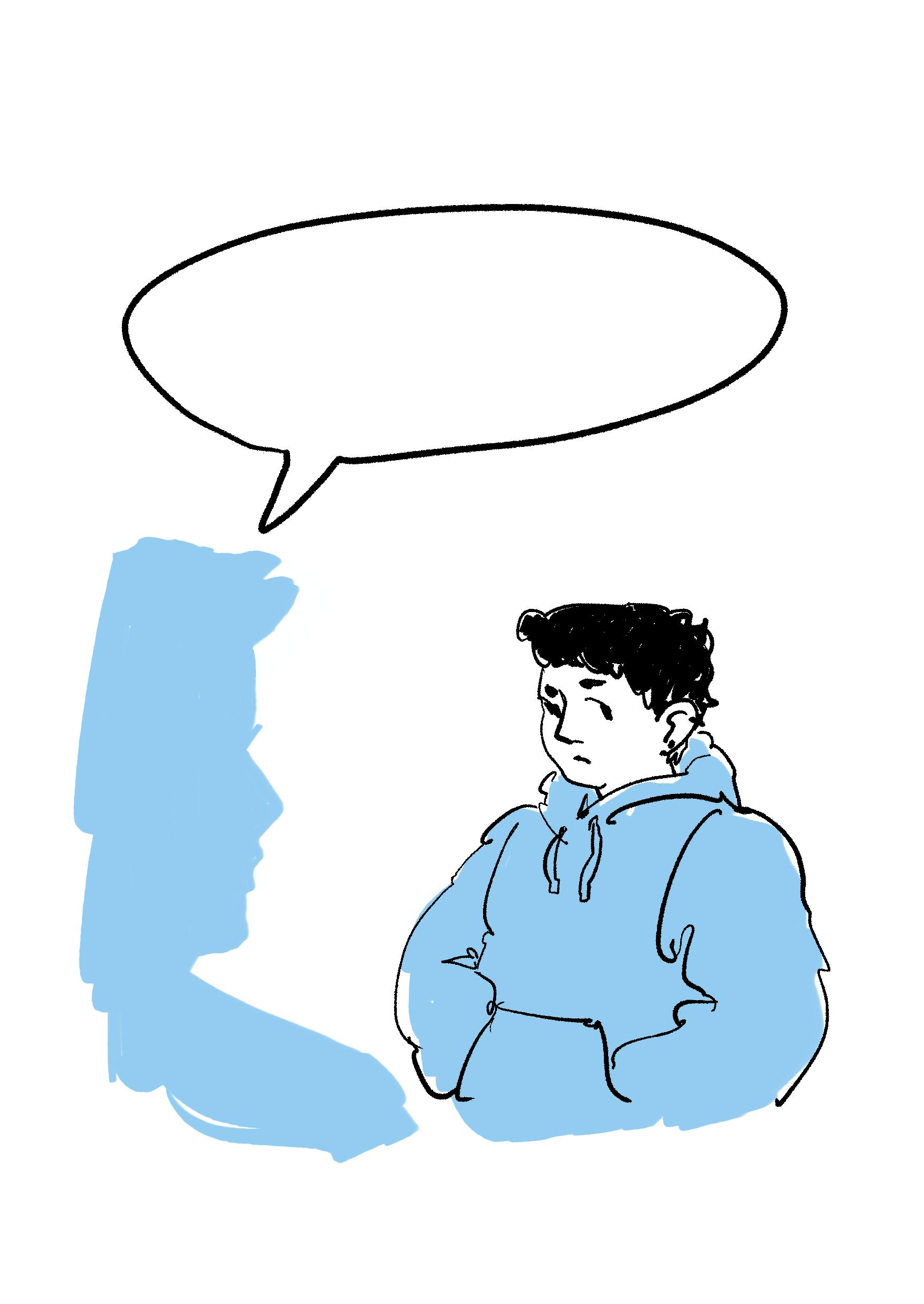
Where are you really from?
And
sometimes I play dumb.
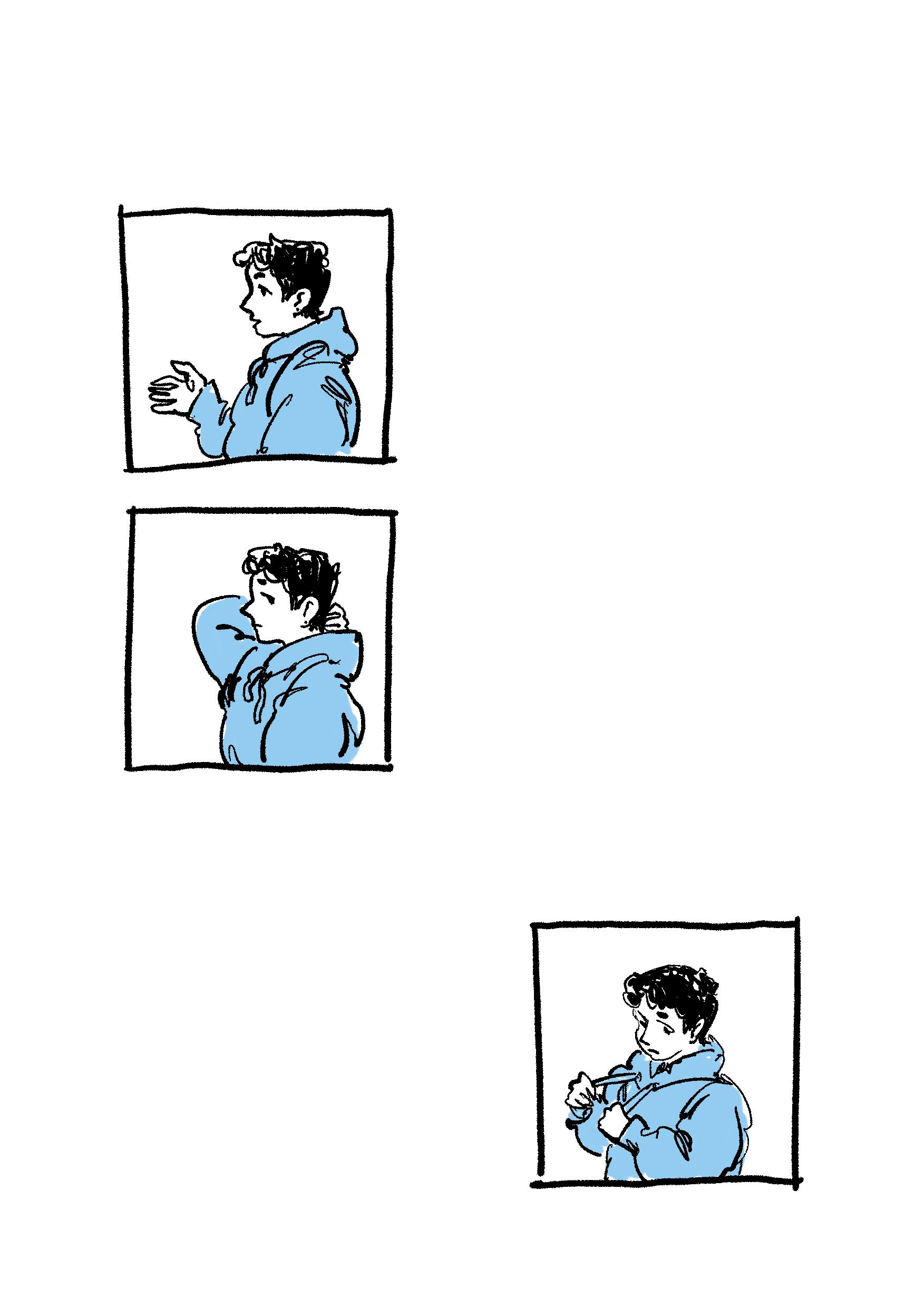
Oh, my accent? I was born in America.
But I know that’s not what the asker is curious about.
You’d
think I’d have gotten used to it, growing up in predominantly white spaces.
Other times I’ll be a little more specific.
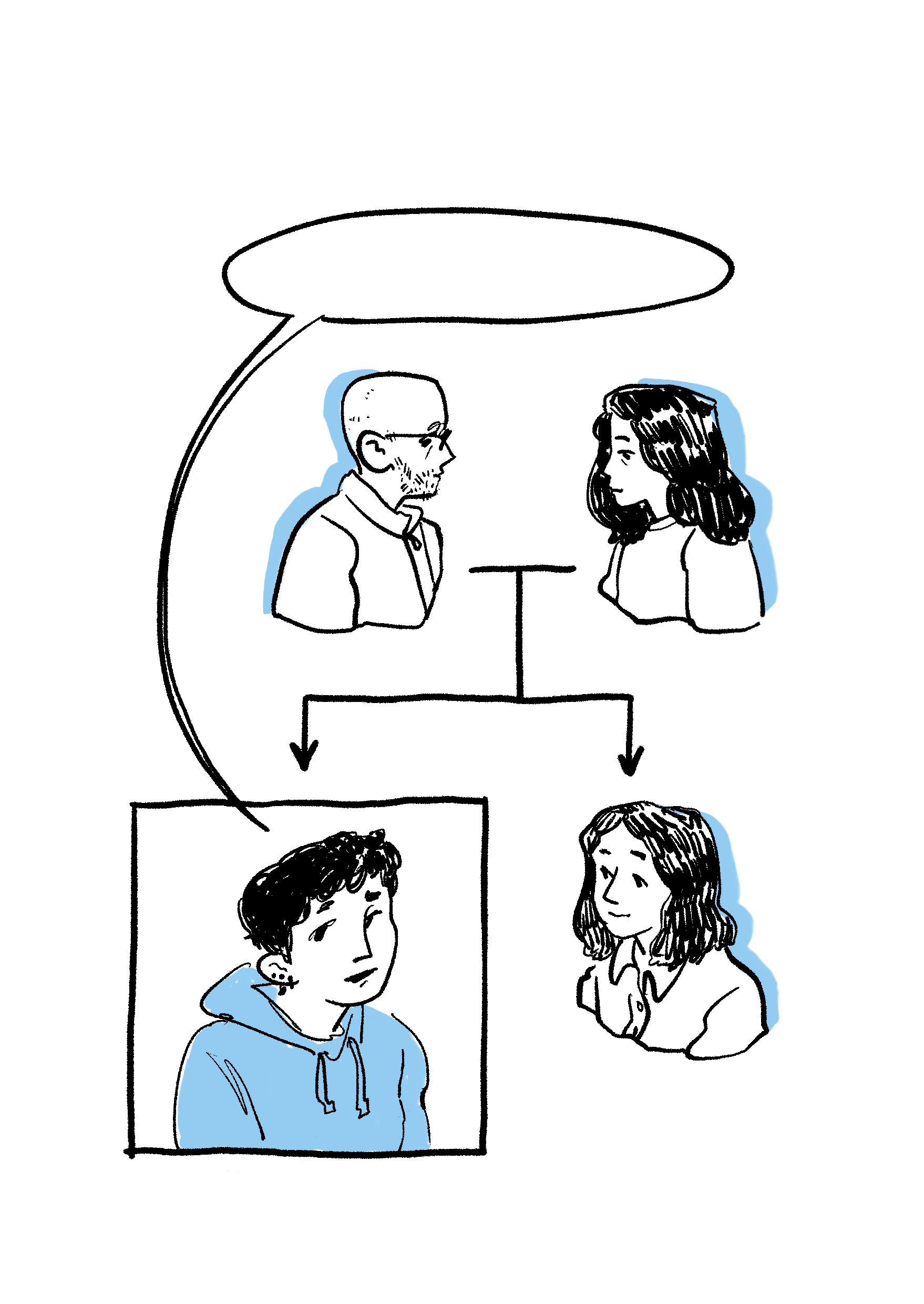
I’m half-white, half-korean.
Though it’s hard to know how much detail to give.
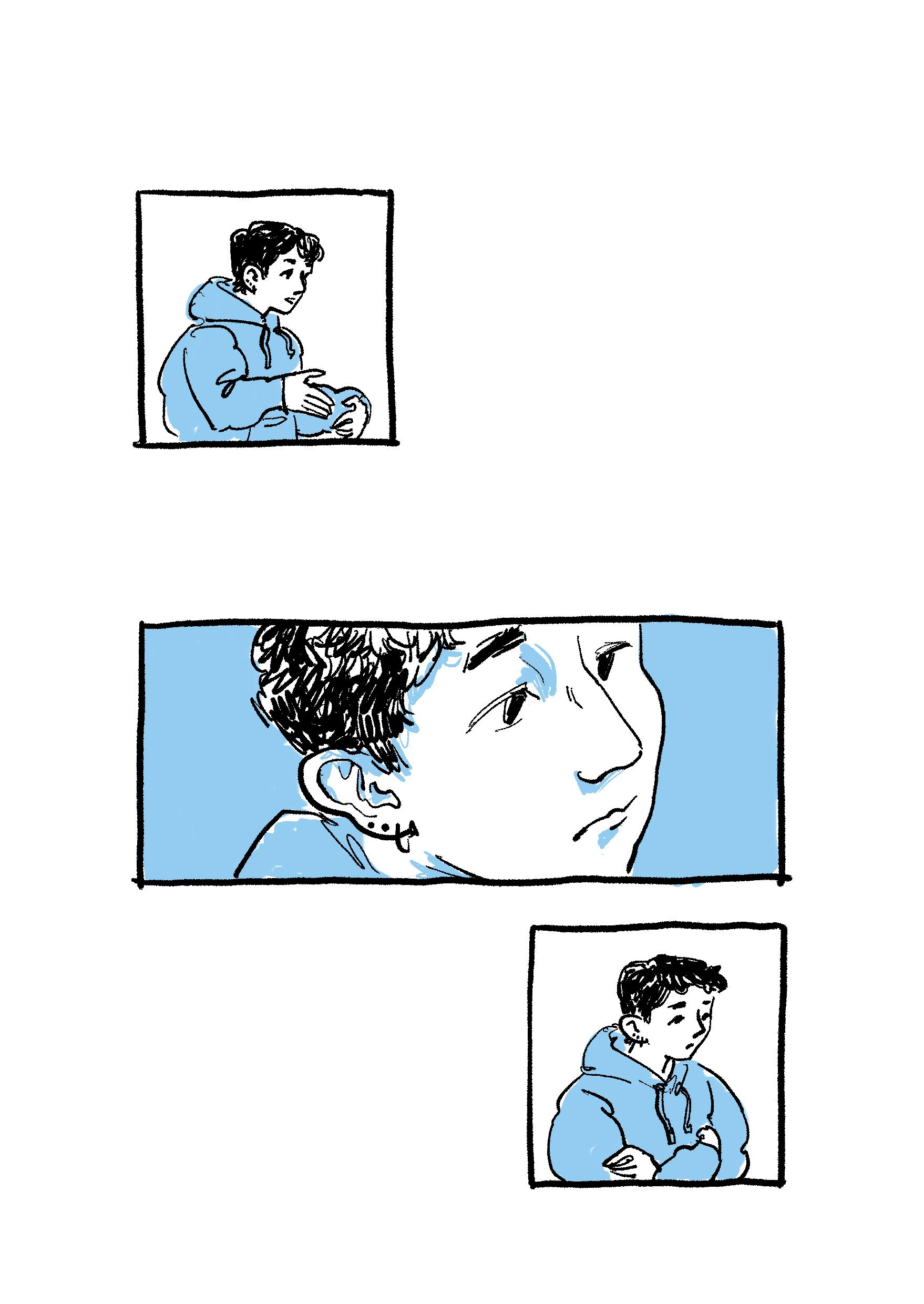
my dad’s white- what kind of white? uh, just american I guess? but a little swedish, german, scottish (maybe english too?) if you want the specifics- and mom’s korean-american- no i don’t speak korean- the swedish last name is from my grandpa on my dad’s side- what else...
Generally, people only ask “where are you really from?“ because of the way I look. That is, not-white.
I’m resentful of the question, but once I’ve answered I can’t help feeling like I owe more of an explanation.
Apart from the obvious reason--
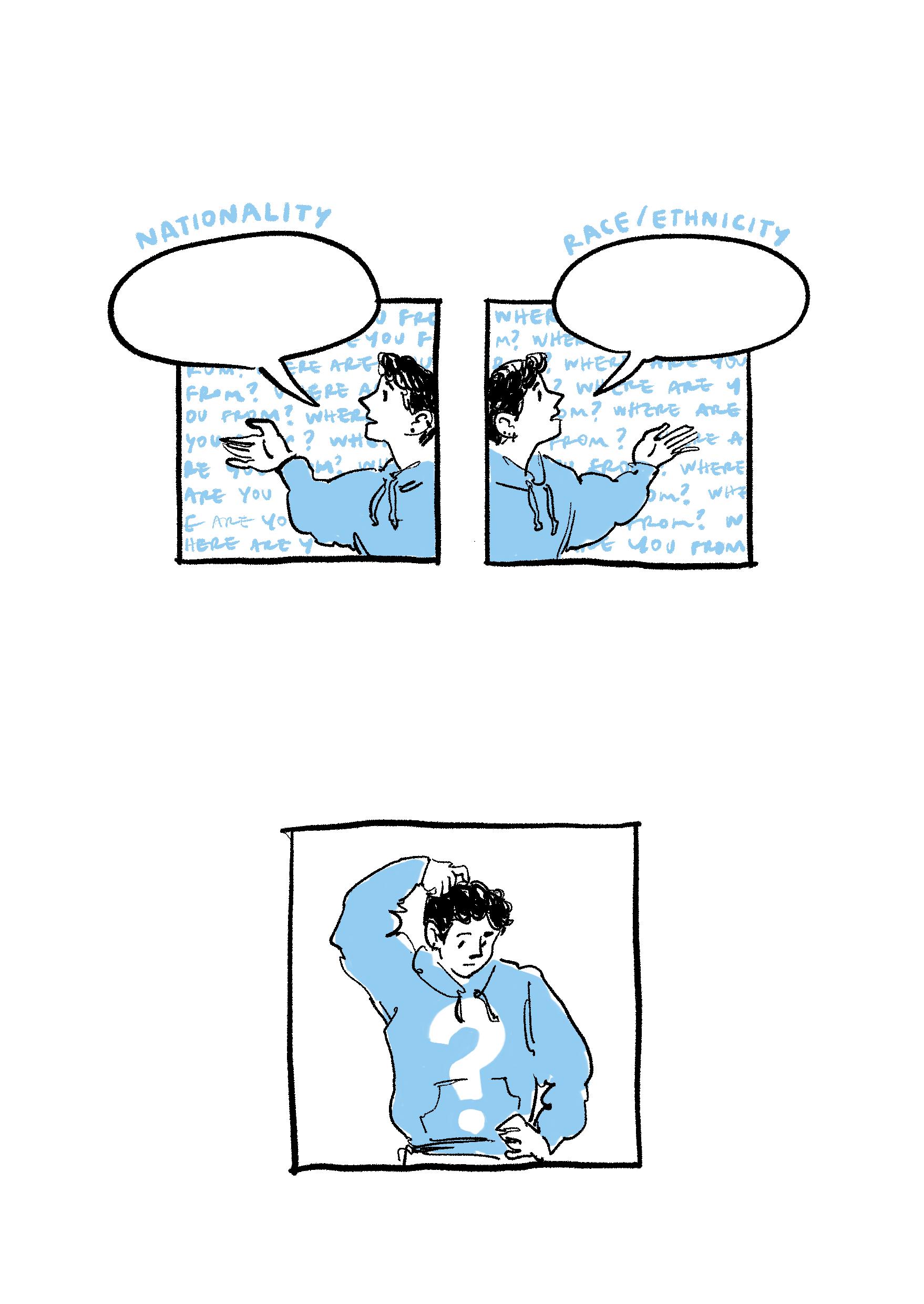
I’m British and American. I’m white and Korean.*
*(in
my case) doesn’t really make sense as a response
--it
feels wrong to answer “where are you from?“ with “half-Korean“ when I haven’t always felt very Korean.
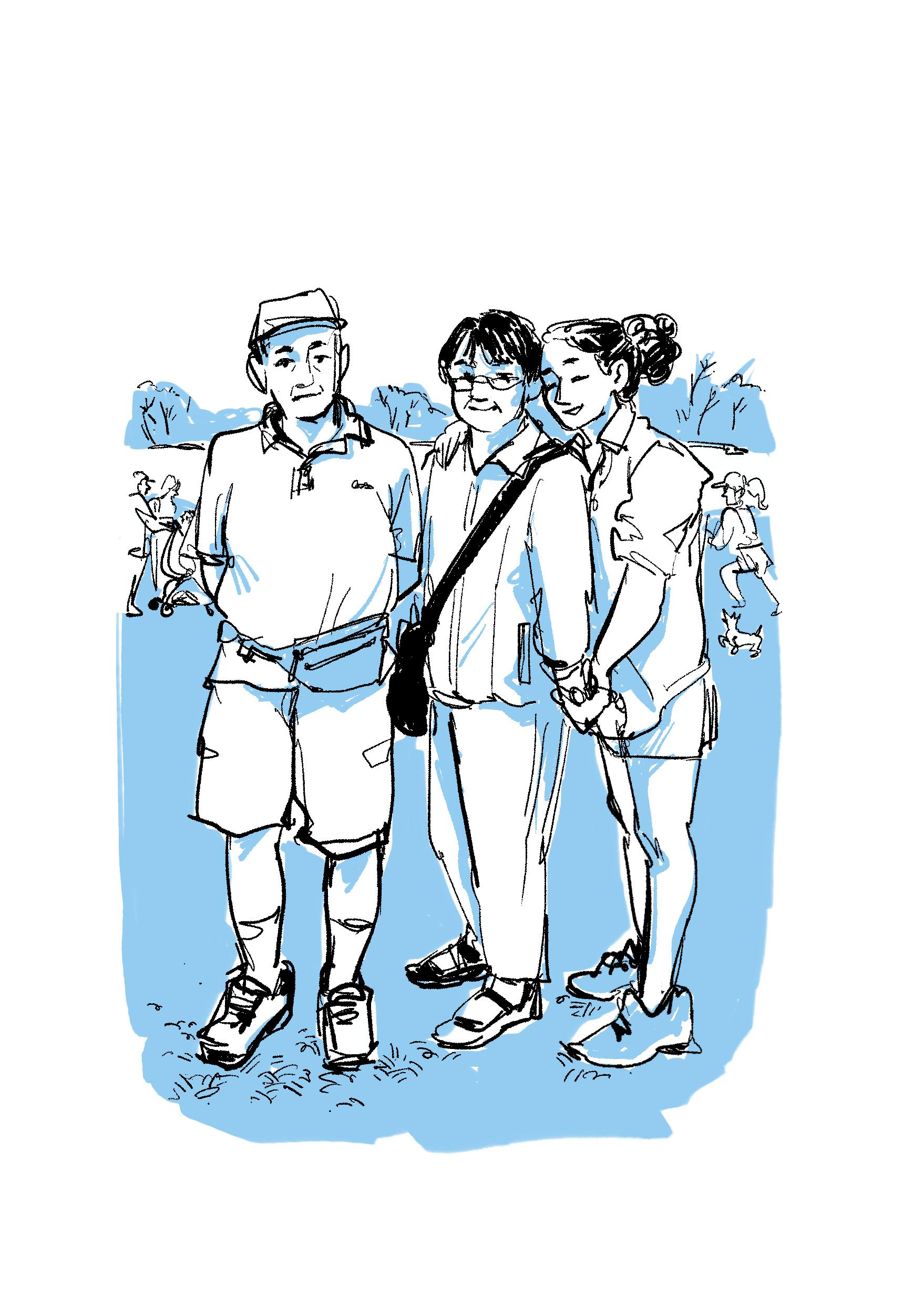
I’m not from Korea anyways, my mom’s parents are.
My grandpa and grandma were born on the Korean peninsula in the 1930s/40s.
Grandpa, who was born in Kaesong (in what is now North Korea), talks about learning to read Japanese characters in school.*
*Korea was annexed by Japan from 1910-45.
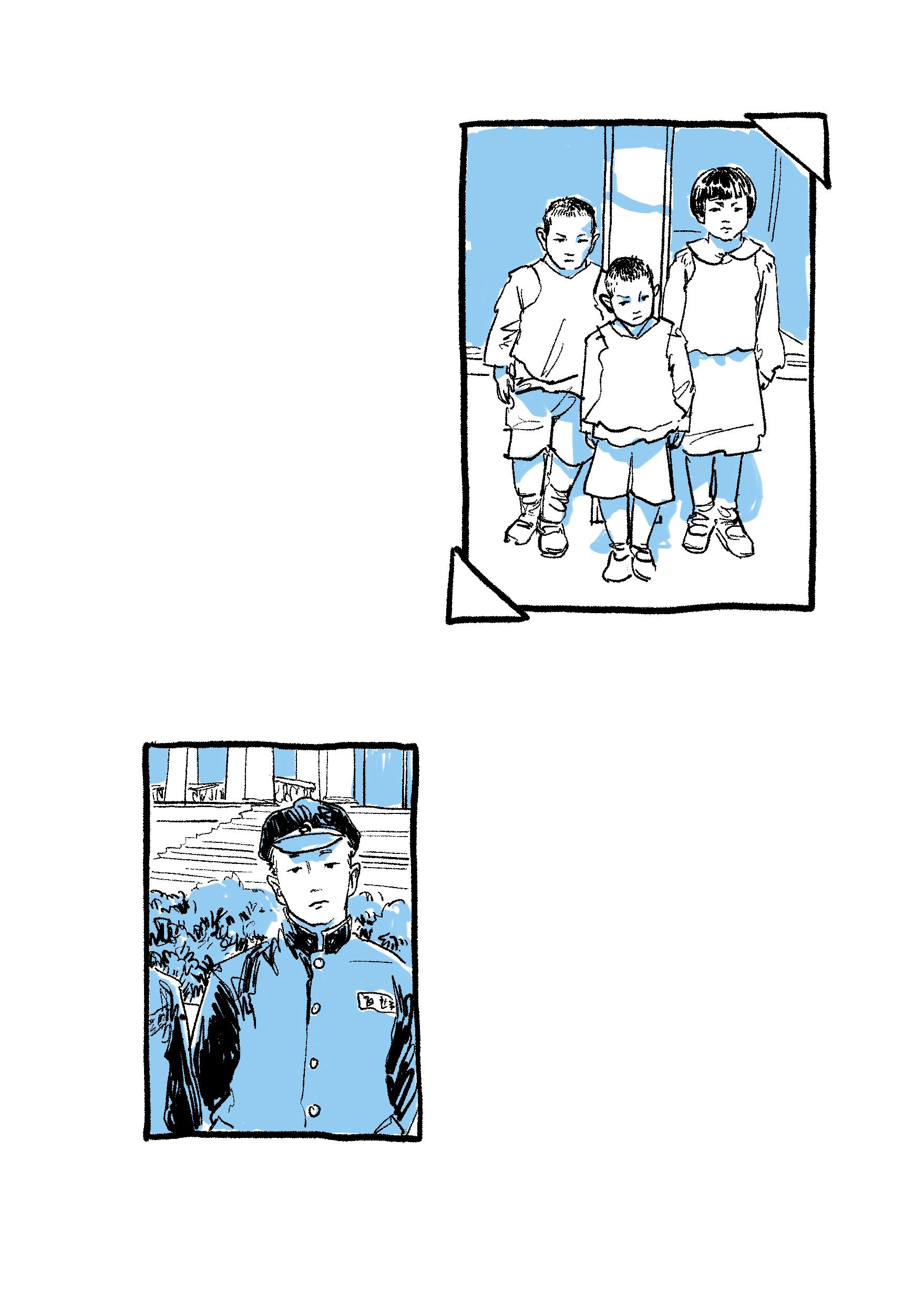
Due to rising tensions leading up to the Korean War, grandpa’s family was forced to move. They relocated to Busan, and then Seoul, where he finished his last few years of high school.
He then started his undergraduate in economics at Yonsei University.
Grandma was born in Busan, a coastal city in the south. She too came to Seoul, in her case to attend Ewha Women’s University.
Meanwhile, grandpa had made his way to the US to continue his studies, first in California, then New York, and eventually getting an assistantship position at Oregon State University.
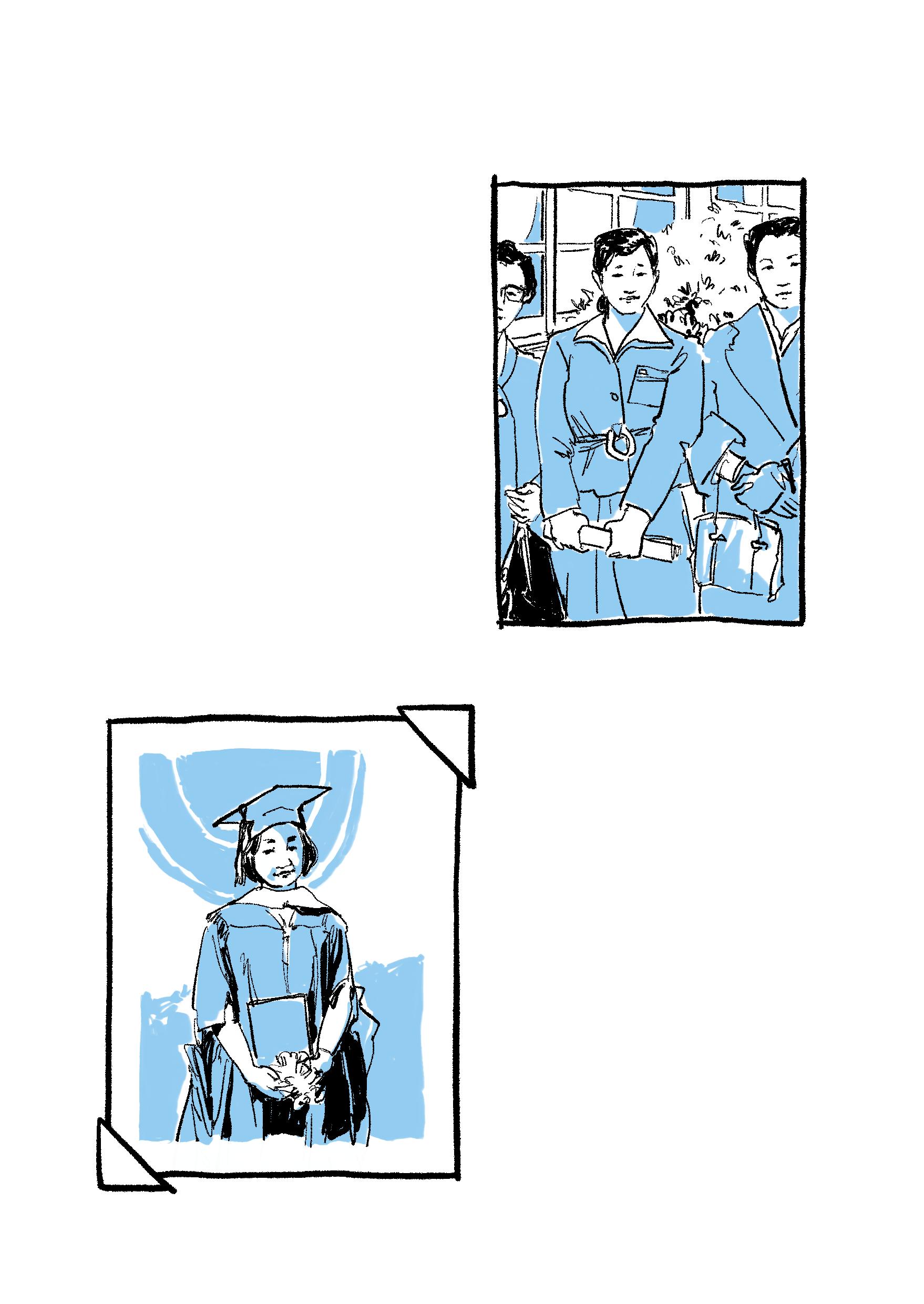
After graduating from Ewha, grandma also moved to the states (she had a few family members who’d made the move before her).
She studied at University of Oregon, where she met grandpa when they were set up by mutual friends.
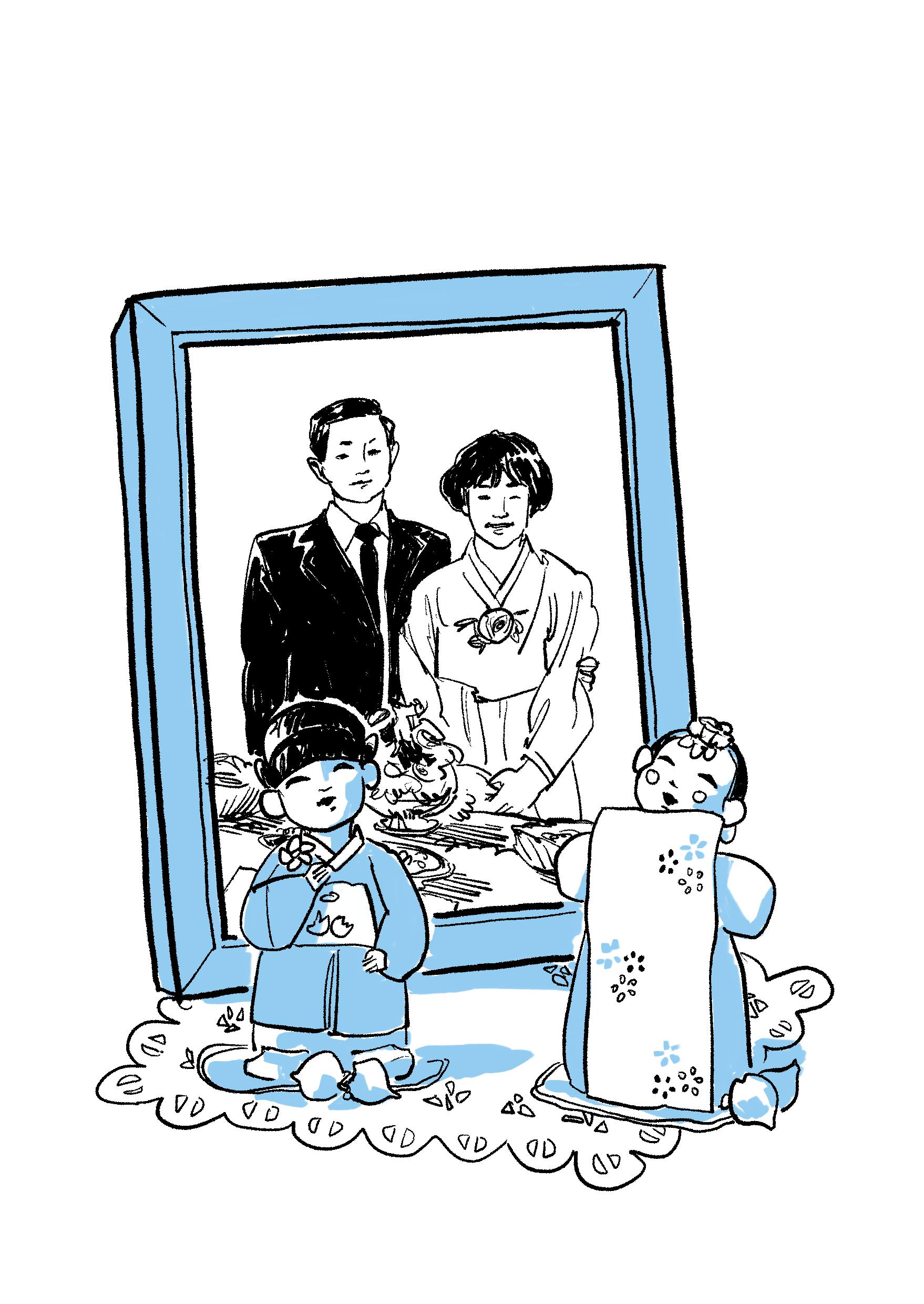
They got married and had their first daughter while grandpa was finishing his PhD, then found jobs to sponsor them for US citizenship, ending up working at a university in South Dakota.
That’s where my mom was born.
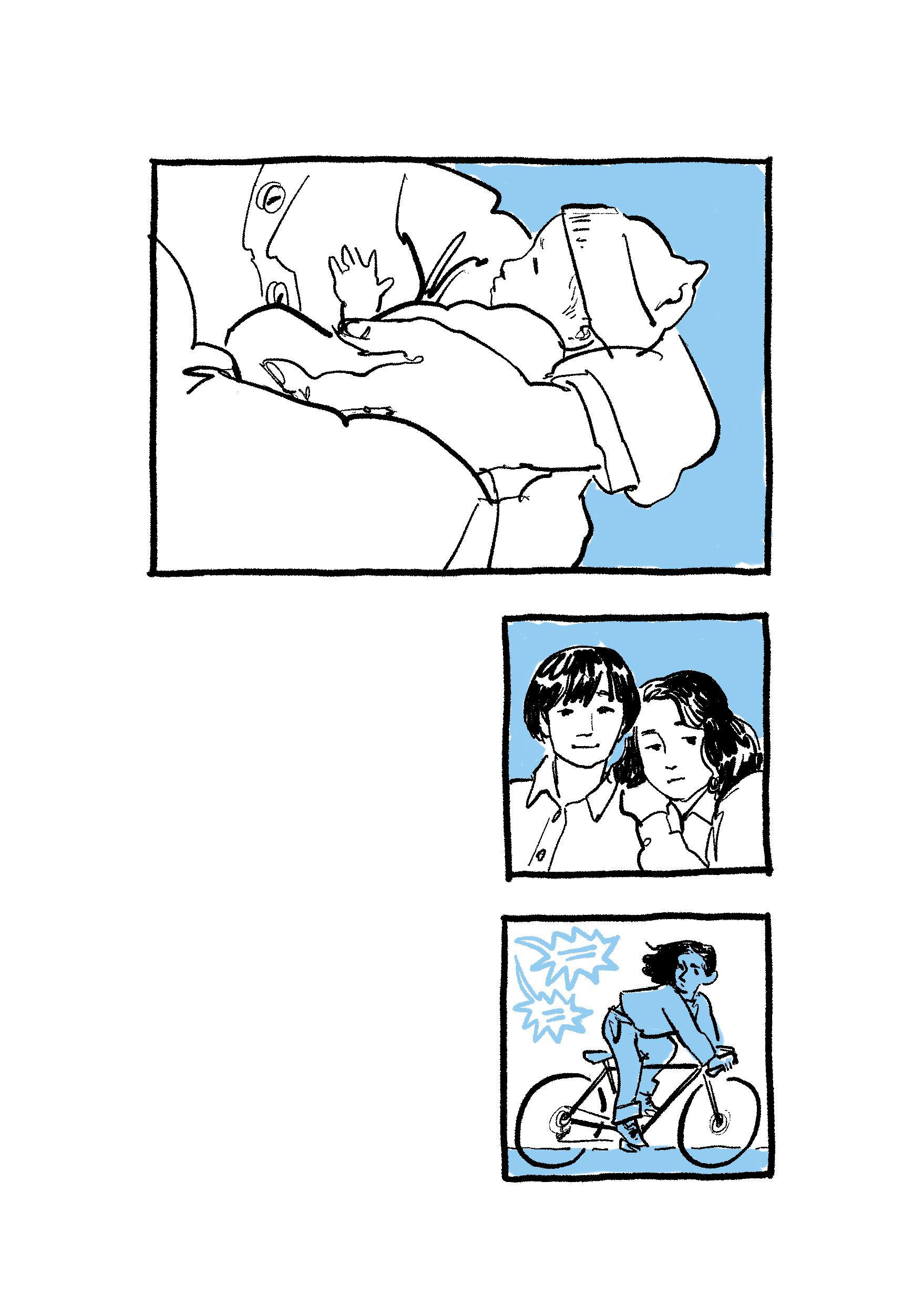
My grandparents chose not to teach their daughters their native tongue so they wouldn’t have an accent in English.
Despite their efforts, it was hard to blend into a small Midwestern city.
My mom remembers kids yelling slurs at her.
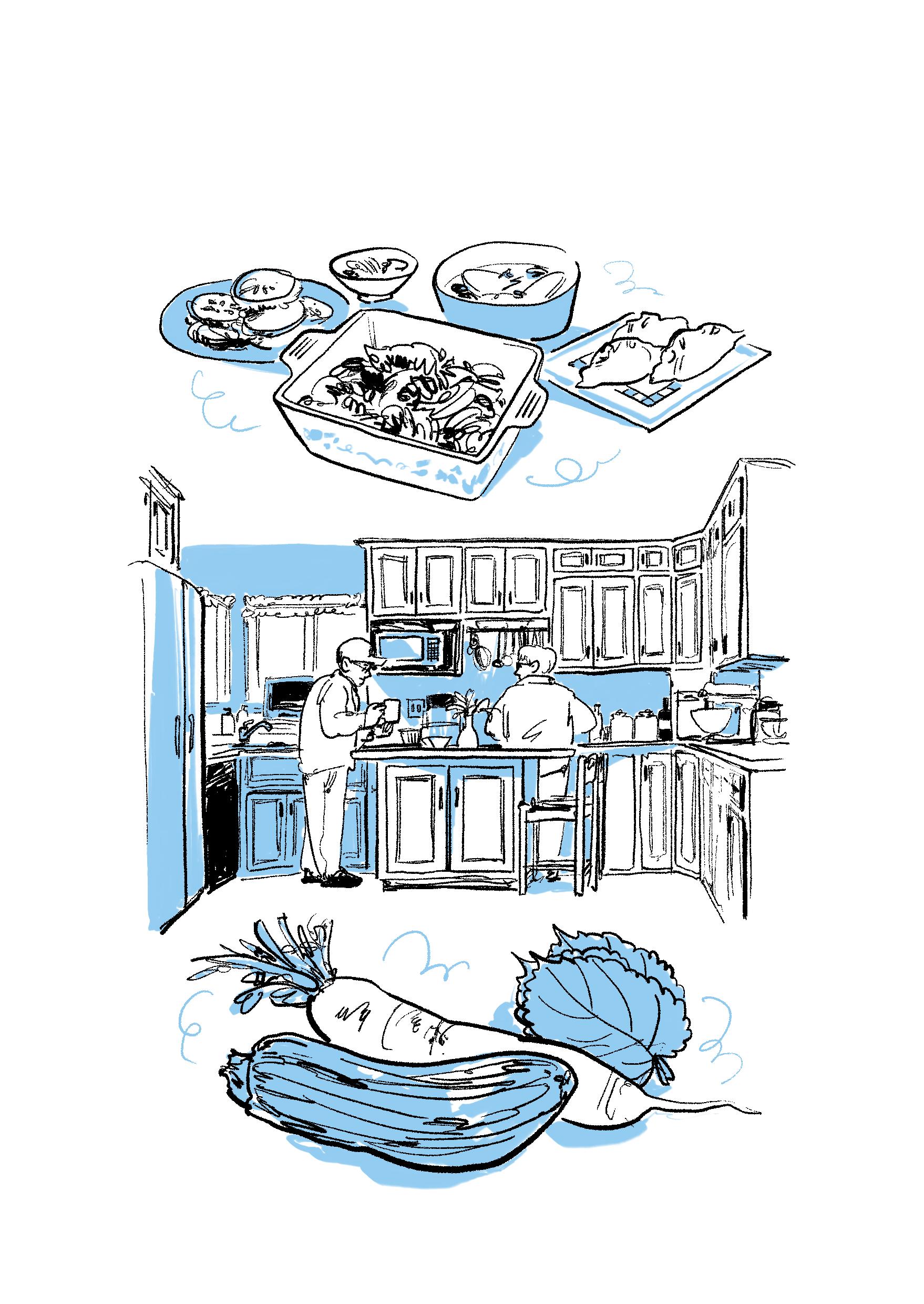
My grandparents were able to hold onto some aspects of Korean culture. When we visit, grandma is always cooking something for us, often using the produce grandpa grows.
My grandma didn’t explicitly teach her kids how to make Korean food but my mom picked it up for herself. So my sister and I were able to grow up around Korean cuisine despite being so far removed from the culture.
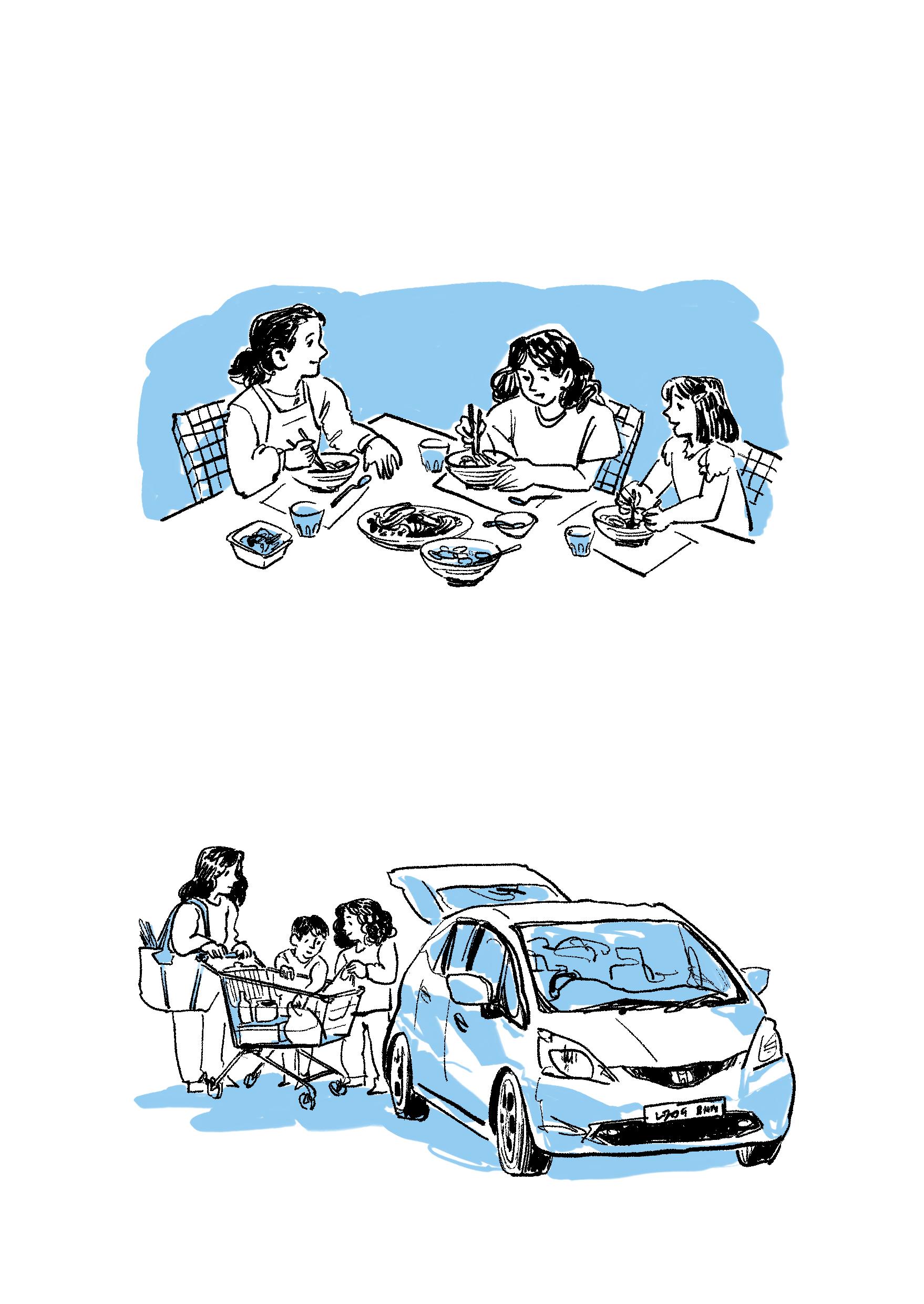
My mom’s family used to have to drive out-of-state to get Asian groceries; my family drives out of central London to New Malden, where the big Korean grocery stores are.
Beyond food, I first got more into Korean culture in 2017 through KPOP (I needed the distraction from my GCSEs).
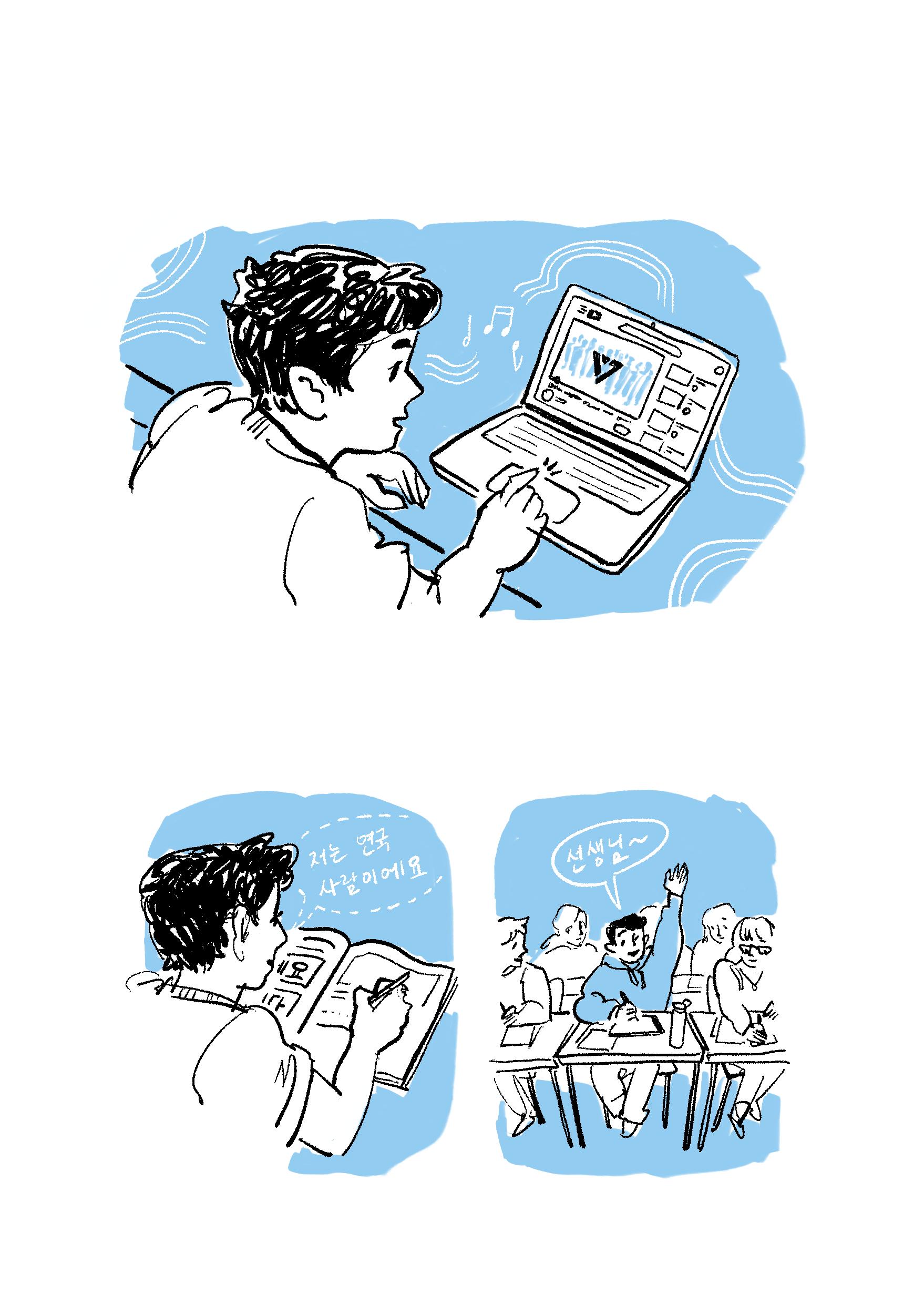
I started to learn the language, through self-study and elective Korean courses in my first year at university.
*I’m British.
Teacher
I even worked at a Korean restaurant for a while. My language skills came in handy: order slips were written in Hangeul.***
***Korean writing system/alphabet
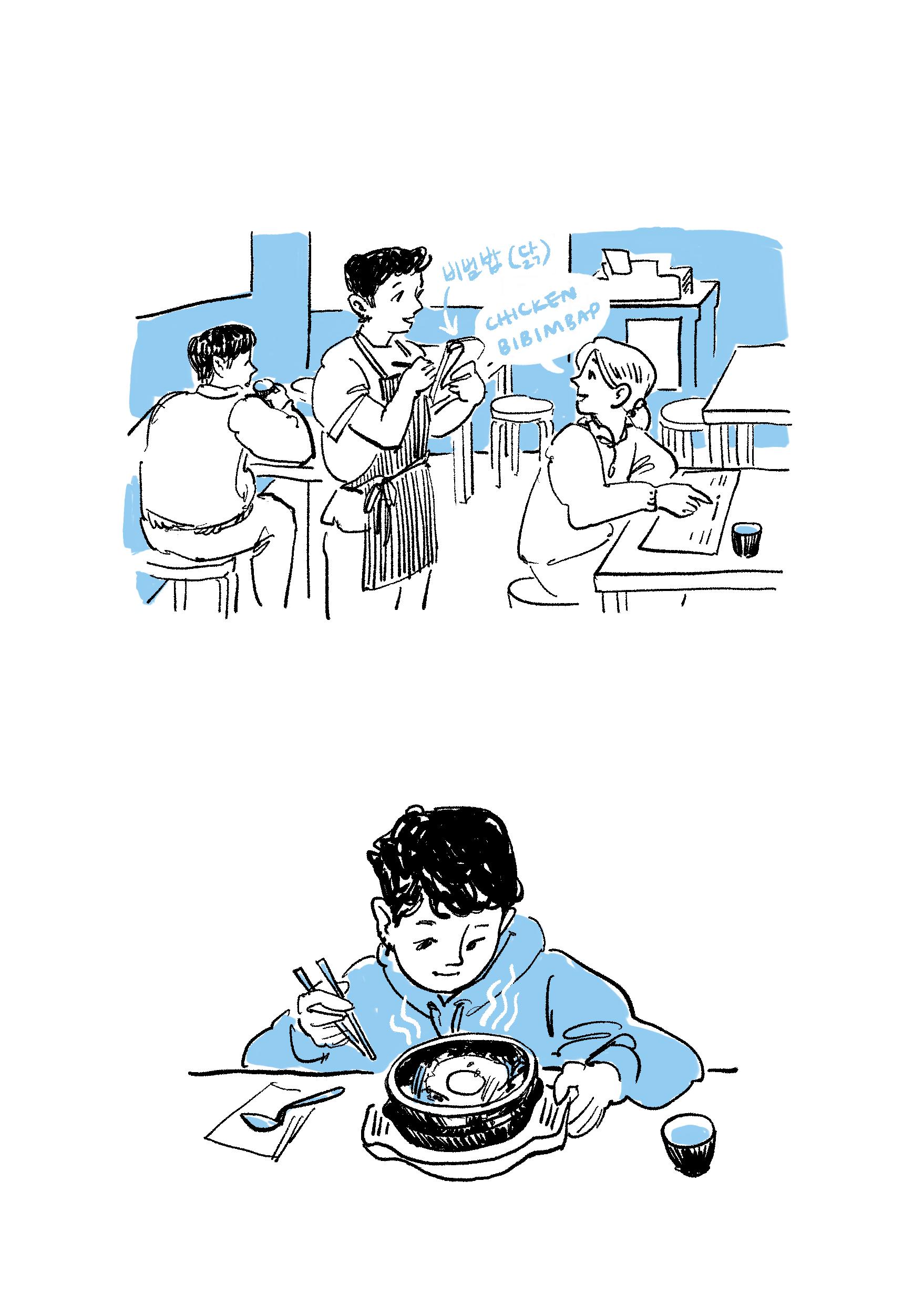
It was nice to keep up my Korean, but the best part of the job was getting a meal after every shift.
The two times I’ve visited Korea with my family, we met relatives on both grandma and grandpa’s sides. We even got to join in on Chuseok* celebrations our second time in Seoul.
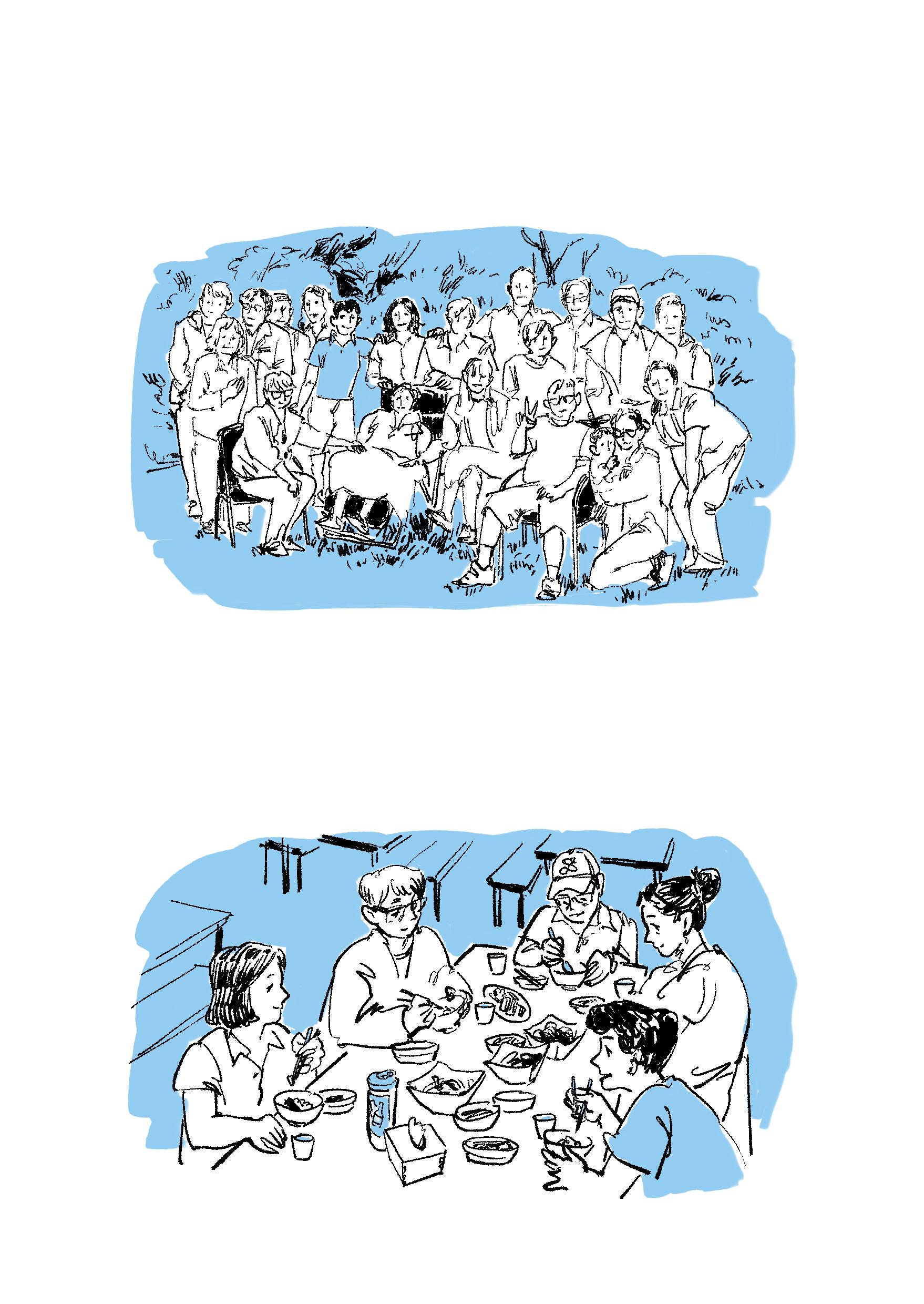
* ’Korean Thanksgiving’ - celebrated with big family gatherings, traditional foods, and ceremonies paying respects to ancestors
We were able to persuade my grandparents to come with us on both trips. They were hesitant at first, since the country has changed so much since they’ve lived there.
Walking around Seoul, it was nice to feel a sense of belonging: of looking similar (although not the same) to the majority of people there.
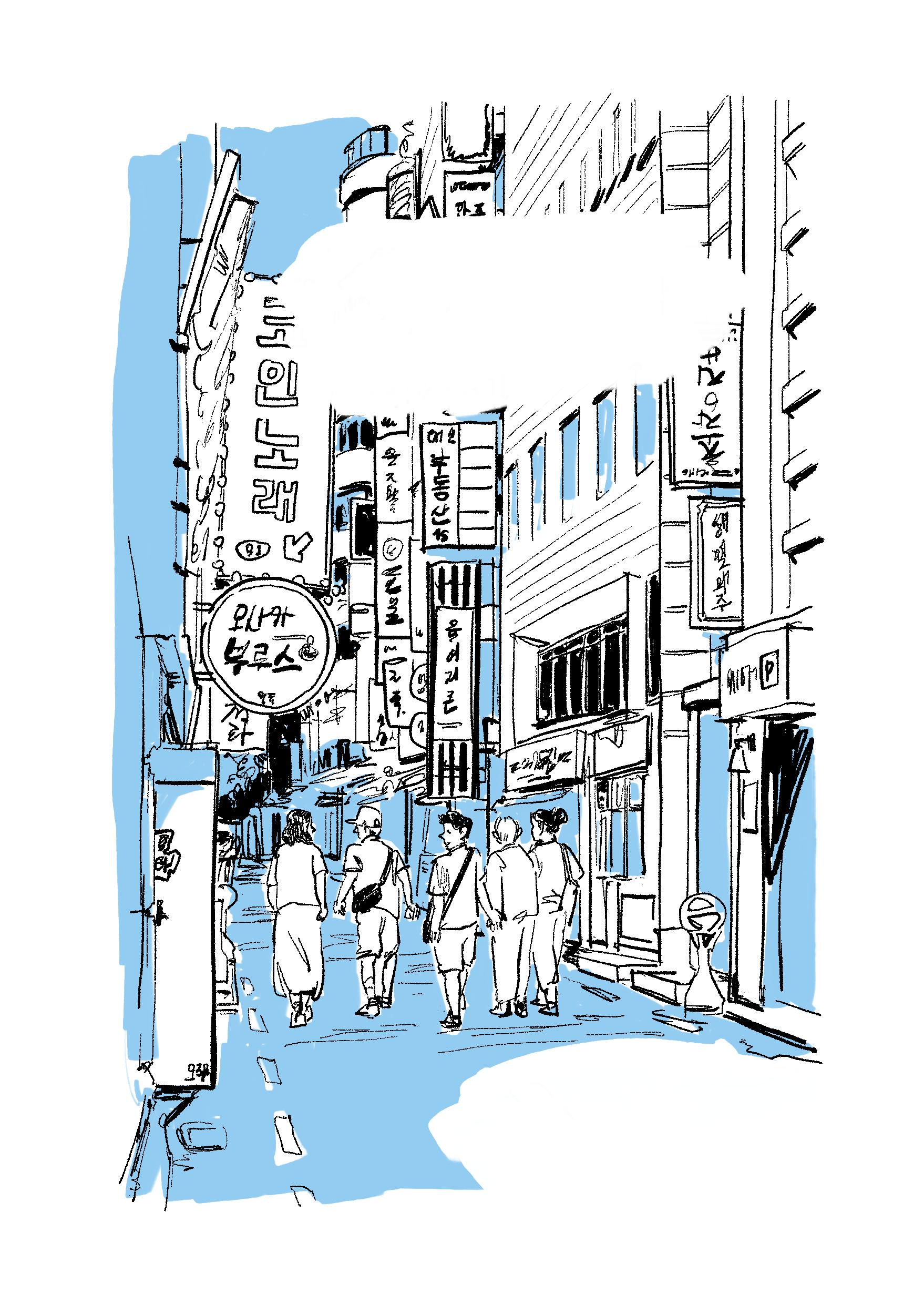
But, since Korea is such a homogenous country, I knew my family and I still stood out as foreigners.
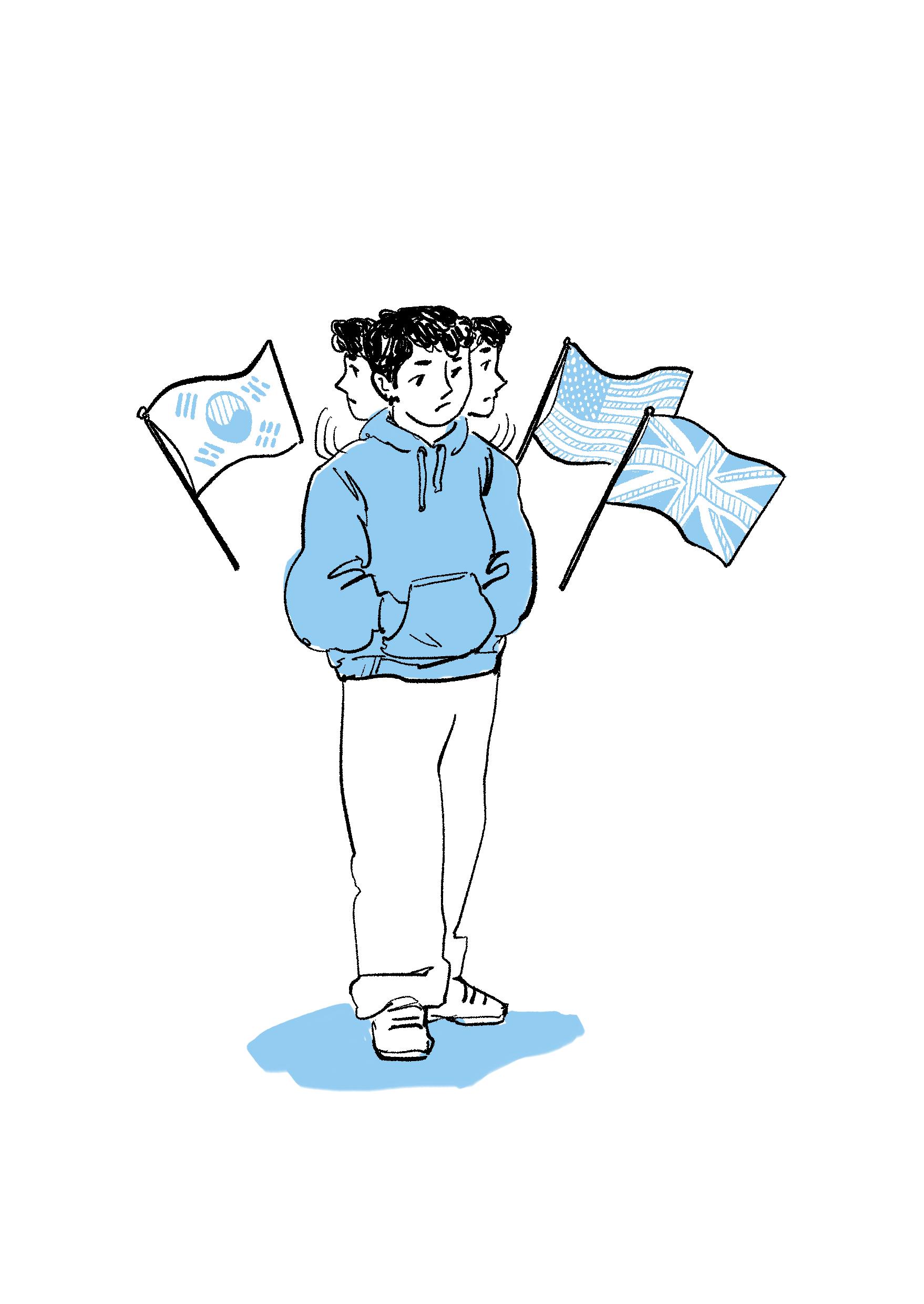
Obviously I have a complicated relationship with my identity.
All this to say, the next time someone asks me:

